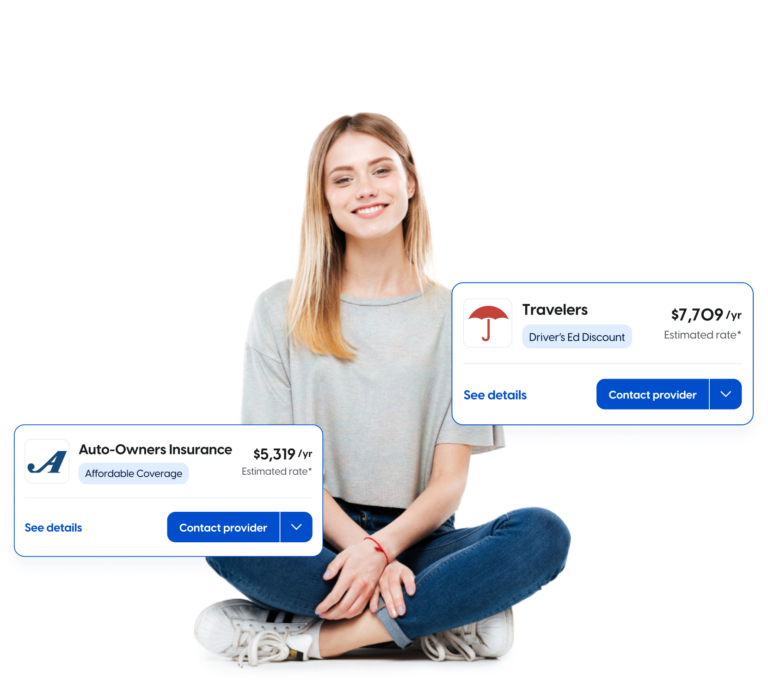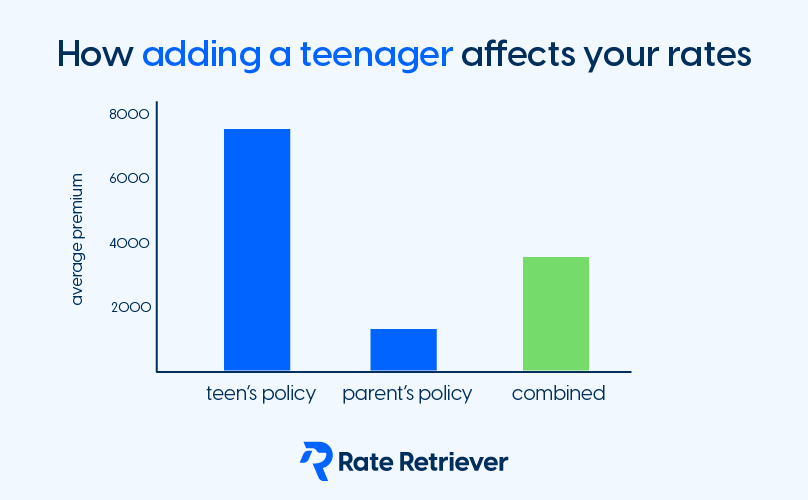To get car insurance for a new driver over 21 years old, you can start by comparing quotes from different insurance companies. You will need to provide personal information, like your age, driving history, and the type of car you drive. It’s important to shop around for the best coverage and rates that fit your needs and budget. Finally, choose a policy that meets your state’s requirements and offers adequate protection for you and your vehicle. You may find that your insurance premiums are higher, as insurance companies tend to charge more for people without a history of being insured. In this case, your rates should go down each year as you maintain a clean driving record and insurance history.
Why you can trust Rate Retriever
Our rates are based on public rate filings obtained by analytics company First Interpreter. While we may partner with some of the carriers you see on our site, we maintain editorial independence and it does not affect the rates you see. Read more about our rating methodology or see our rigorous editorial policy.



